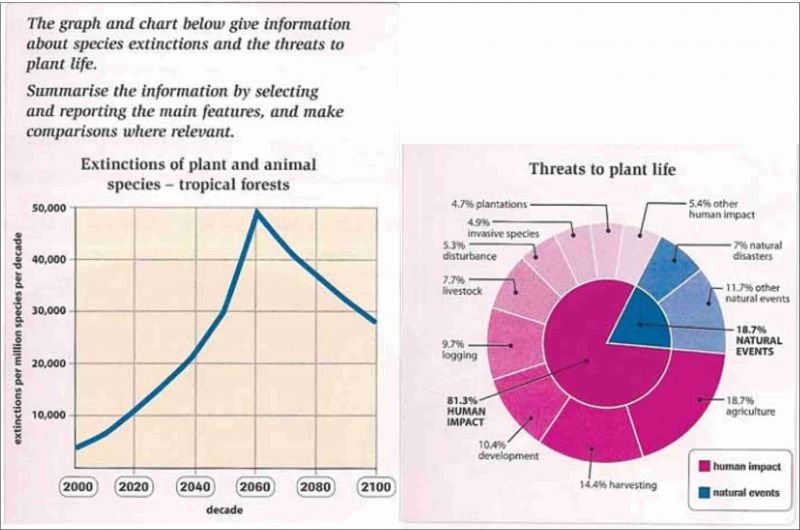icebear24
Apr 17, 2019
Writing Feedback / Task 2 IELTS. Topic: LAW. Should defendant's criminal record be available in legal cases? [2]
Under British and Australian laws a jury in a criminal case has no access to information about the defendant's past criminal record. This protects the person who is being accused of the crime.
Some lawyers have suggested that this practice should be changed and that a jury should be given all the past facts before they reach any decision about the case
Laws in Britain and Australia have not allowed a person's past conviction to be seen by the judges in order to give protection to the defendant while it is suggested that the criminal history should be on open display. I share my view with both opinions because it is important to respect the criminal's privacy but knowing the previous actions may help solve the case easier.
On the one hand, when a jury is given full access to such private information, there is a high tendency that the defendant may be sentenced too severely or let off with a warning, which he does not deserve. Say, for a person who is not new to committing crimes, the jury might be likely to make conclusions with prejudice according to his criminal record. Thus, he might not receive justice and feel disappointed about the deep-rooted opinions of the jury which could negatively affect his chance to turn over a new leaf.
On the other hand, giving the judges the right to approach the criminal history means less effort and time is needed to settle the legal case. Gathering evidences takes time and it is very challenging so the criminal record is a useful tool to impose accurate and appropriate punishment. There is a high chance for a person who is guilty of a certain crime to convict to the same crime again and if the judges has access to that valuable information, the investigation would be less time-consuming.
All things considered, both these protocols play a beneficial role in the judicial system. In my perspective, they should be followed according to the seriousness of the case in order for both the jury and defendant to have their own good.
(287 words)
Thank you in advance!
full access to private information of a defendant
Under British and Australian laws a jury in a criminal case has no access to information about the defendant's past criminal record. This protects the person who is being accused of the crime.
Some lawyers have suggested that this practice should be changed and that a jury should be given all the past facts before they reach any decision about the case
Laws in Britain and Australia have not allowed a person's past conviction to be seen by the judges in order to give protection to the defendant while it is suggested that the criminal history should be on open display. I share my view with both opinions because it is important to respect the criminal's privacy but knowing the previous actions may help solve the case easier.
On the one hand, when a jury is given full access to such private information, there is a high tendency that the defendant may be sentenced too severely or let off with a warning, which he does not deserve. Say, for a person who is not new to committing crimes, the jury might be likely to make conclusions with prejudice according to his criminal record. Thus, he might not receive justice and feel disappointed about the deep-rooted opinions of the jury which could negatively affect his chance to turn over a new leaf.
On the other hand, giving the judges the right to approach the criminal history means less effort and time is needed to settle the legal case. Gathering evidences takes time and it is very challenging so the criminal record is a useful tool to impose accurate and appropriate punishment. There is a high chance for a person who is guilty of a certain crime to convict to the same crime again and if the judges has access to that valuable information, the investigation would be less time-consuming.
All things considered, both these protocols play a beneficial role in the judicial system. In my perspective, they should be followed according to the seriousness of the case in order for both the jury and defendant to have their own good.
(287 words)
Thank you in advance!


